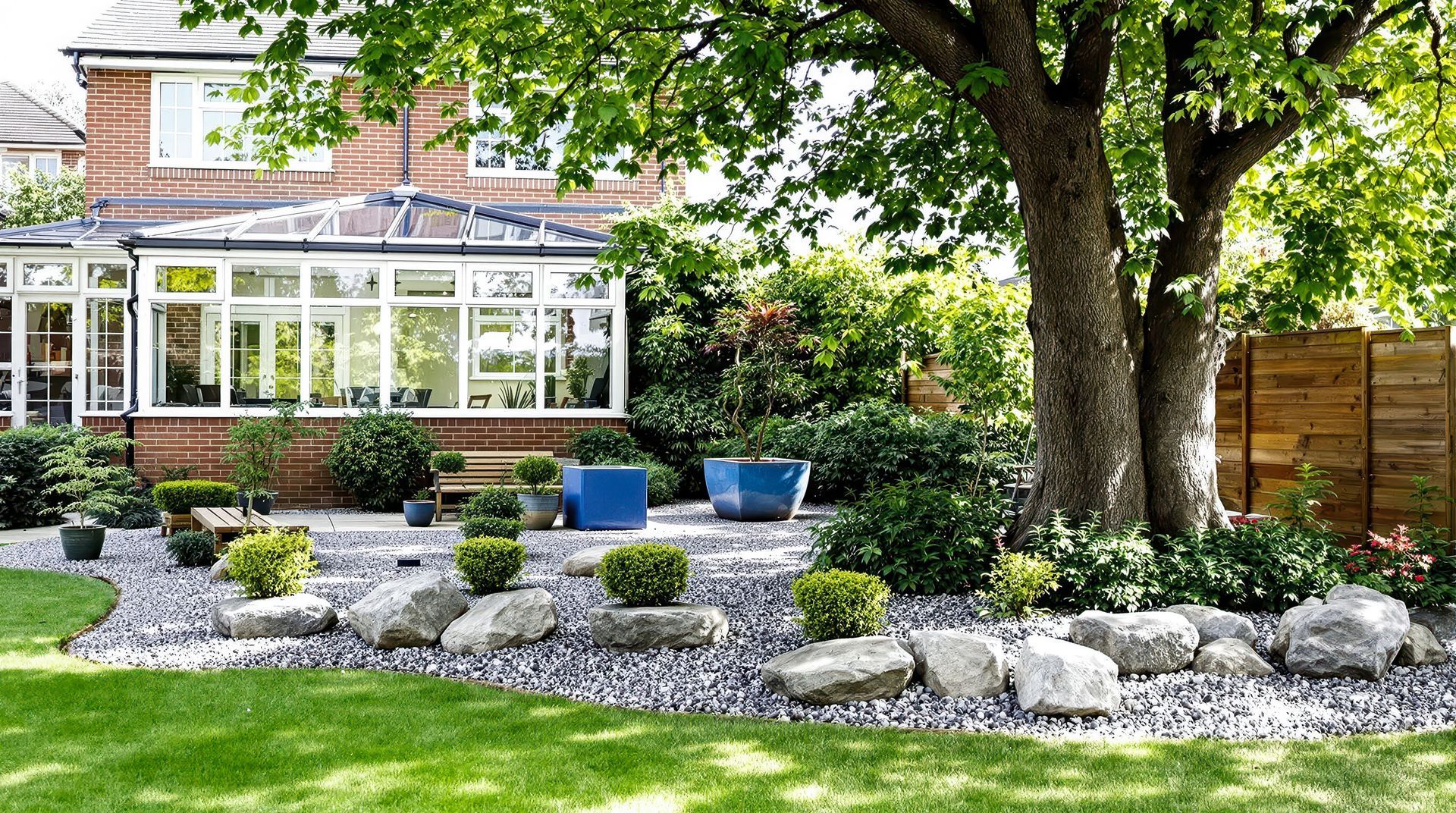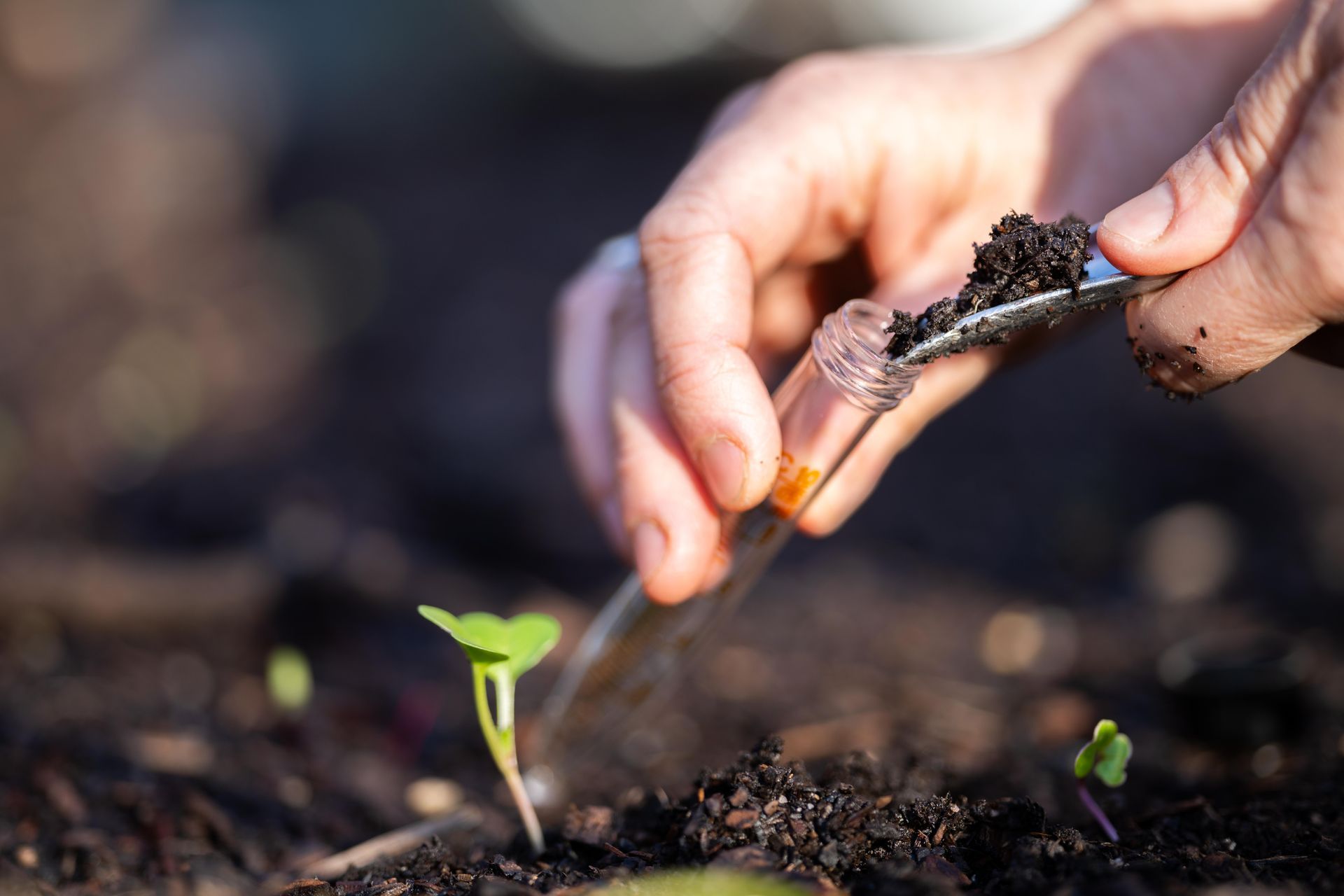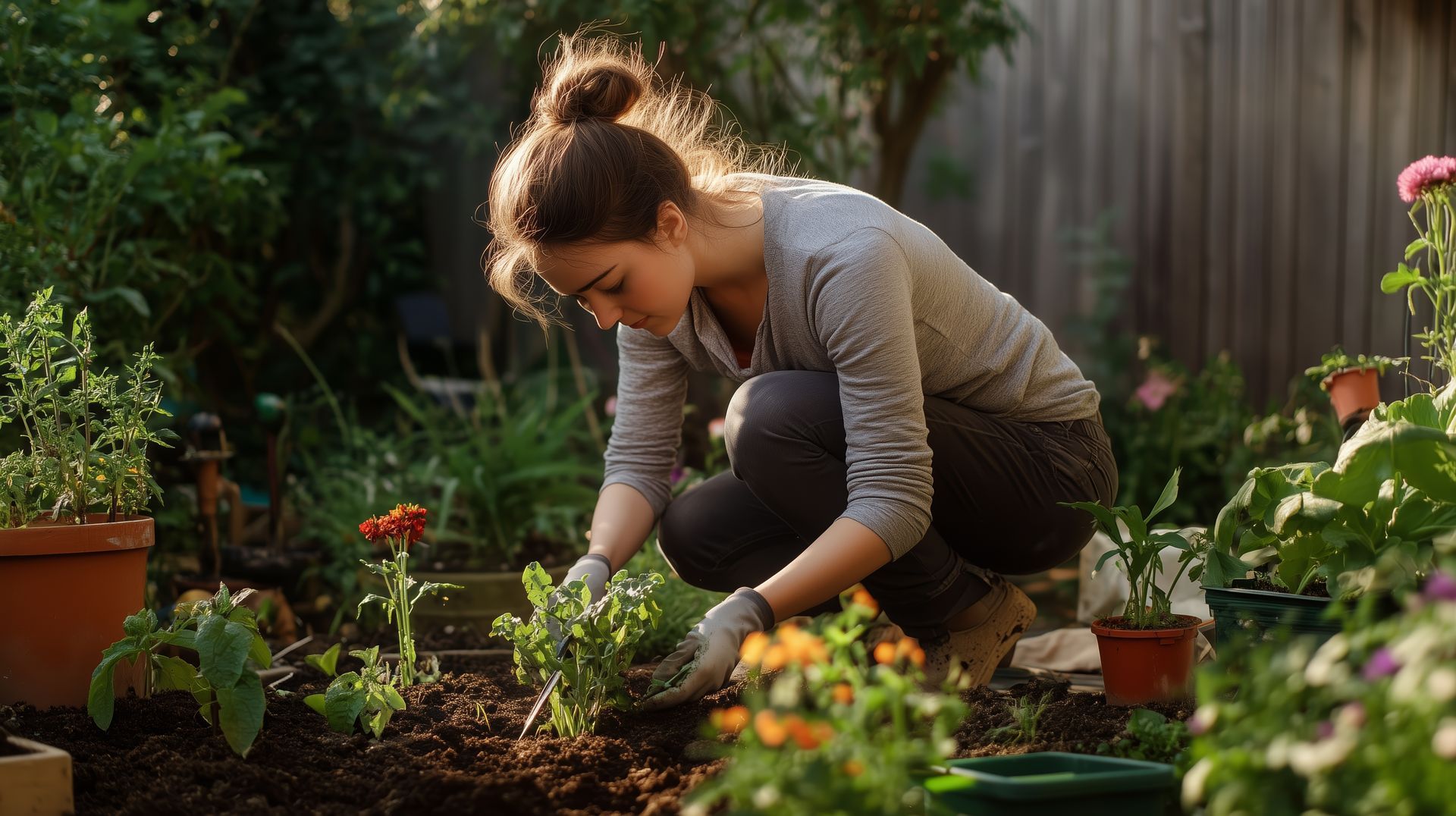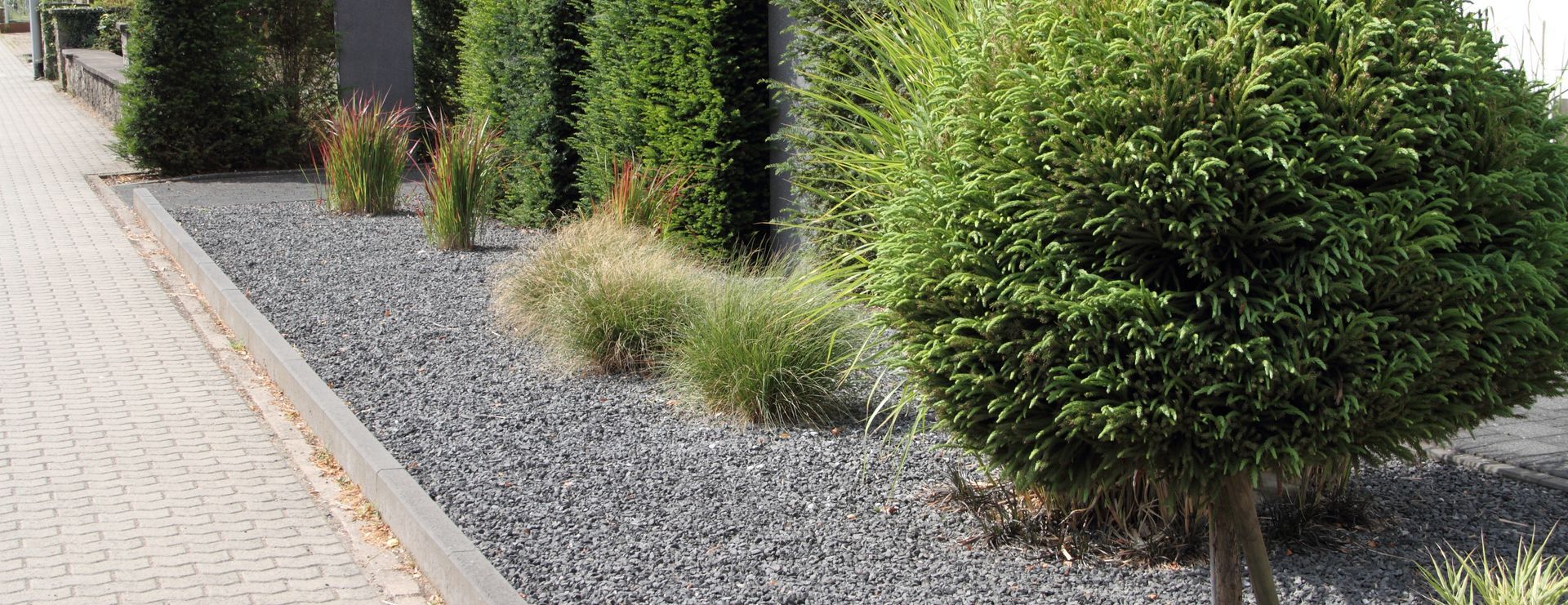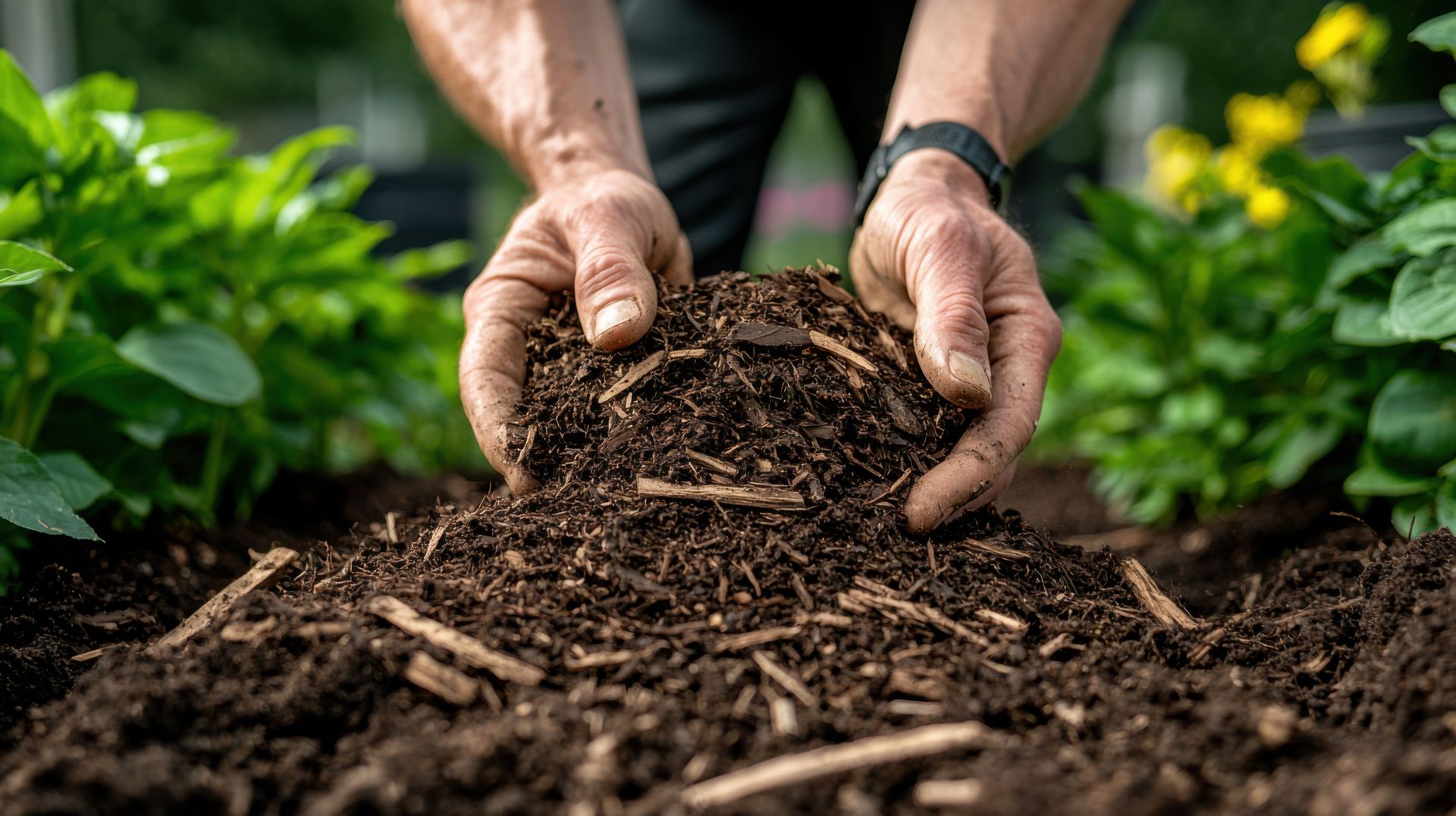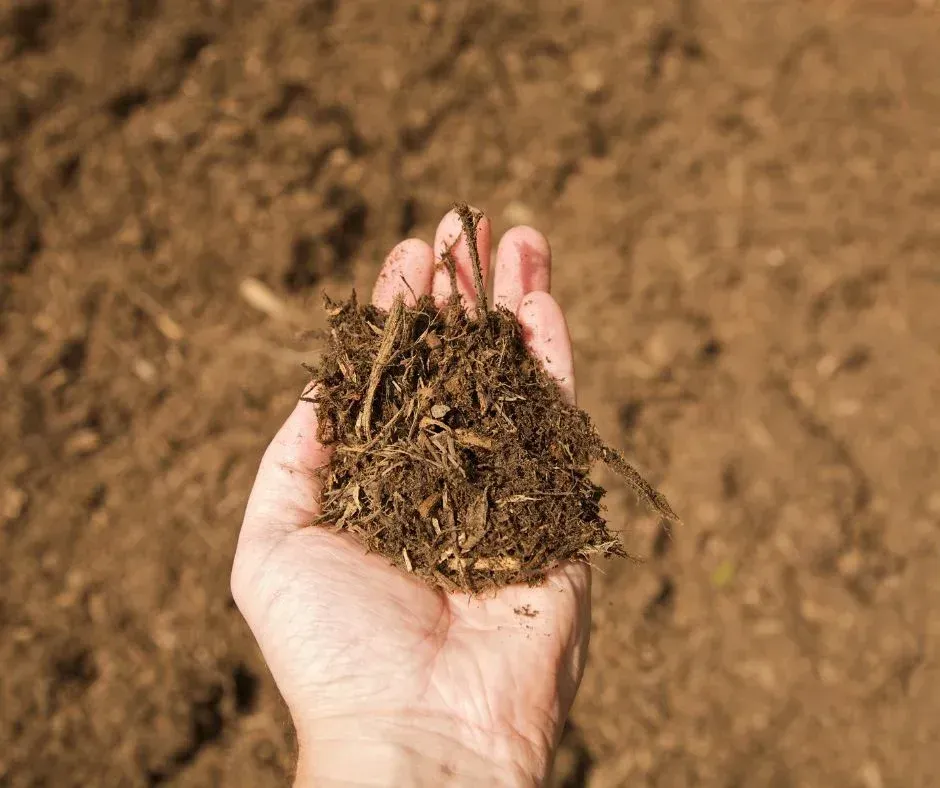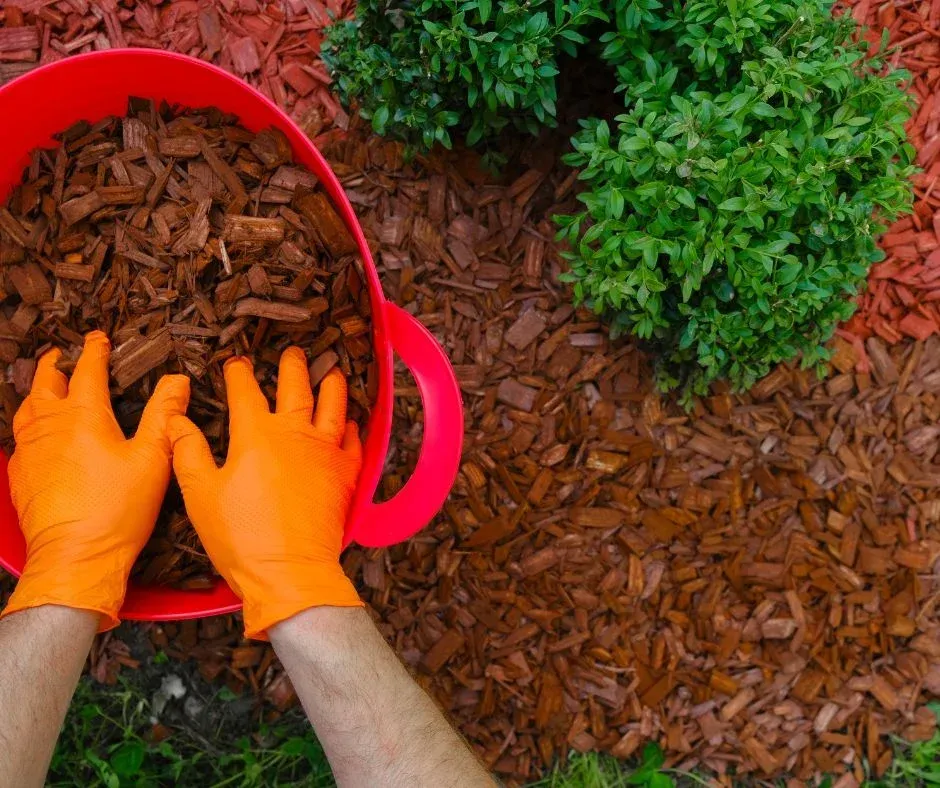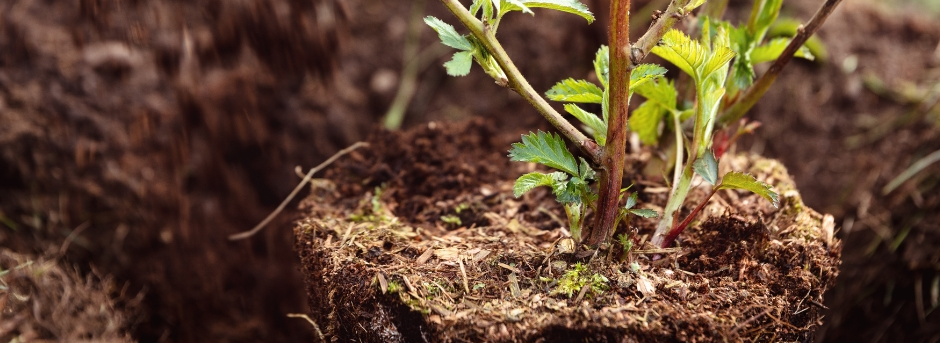Unlocking the Secrets of Healthy Soils: A Gardener's Guide
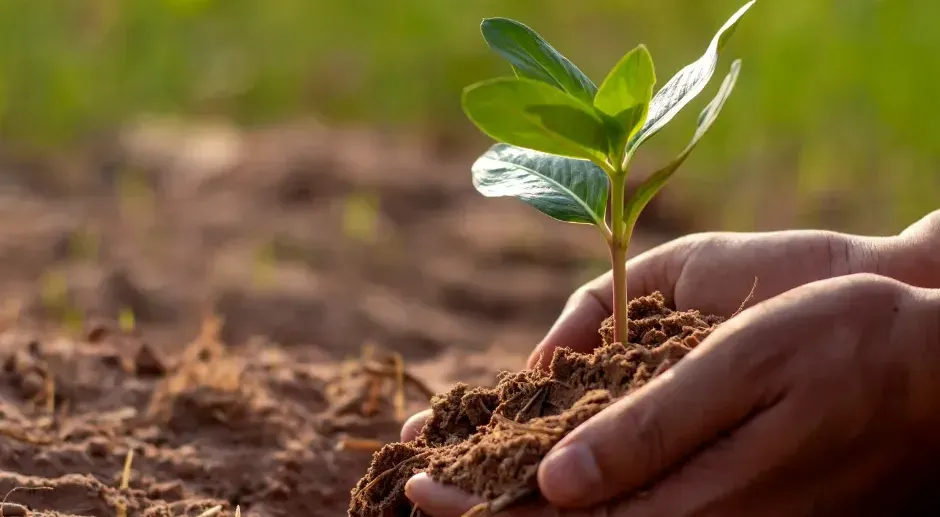
Gardening is a deeply rewarding and therapeutic activity that allows us to connect with nature and cultivate our little pieces of paradise. Whether you're a seasoned gardener or just starting, one of the fundamental keys to success lies beneath the surface—healthy soil. In this guide, we will unlock the secrets of healthy soils and provide you with valuable insights to help your garden thrive.
The Importance of Healthy Soils
Before we dive into the secrets of nurturing healthy soils, let's understand why it's so crucial for your garden's success. Healthy soils provide essential nutrients, support plant roots, retain moisture, and promote beneficial microorganisms. In contrast, poor soil quality can lead to stunted growth, reduced yields, and increased susceptibility to pests and diseases.
Assessing Your Soil
The first step in unlocking the secrets of healthy soils is to assess the condition of your garden's soil. You can do this by:
- Texture Test: Squeeze a handful of soil when it's slightly moist. If it forms a ball, it's clayey; if it crumbles, it's sandy; and if it's somewhere in between, it's loamy.
- pH Testing:
Use a pH testing kit to determine if your soil is acidic (pH < 7), neutral (pH = 7), or alkaline (pH > 7). Different plants thrive in different pH ranges, so knowing your soil's pH is crucial.
- Observation: Pay attention to the plants currently growing in your garden. Are they healthy and vibrant, or do they seem to struggle? This can provide valuable clues about your soil's condition.
Soil Amendments
Once you've assessed your soil, it's time to improve it. Here are some common soil amendments to consider:
- Compost:
Adding compost enriches the soil with organic matter, improves soil structure, and enhances its water-holding capacity.
- Mulch:
Mulching not only conserves moisture but also helps regulate soil temperature and reduces weed growth.
- Organic Matter:
Incorporating organic matter like leaf litter, straw, or well-rotted manure can boost nutrient levels and support beneficial soil organisms.
- Minerals: If your soil lacks specific nutrients, you can add mineral-based amendments like lime for acidity or sulfur for alkalinity.
Crop Rotation and Cover Crops
Crop rotation is a smart gardening practice that helps prevent soil depletion and pest build-up. By planting different crops in succession, you can minimize nutrient imbalances and reduce the risk of diseases and pests targeting specific plants.
Cover crops are another valuable tool in the gardener's toolkit. These crops, like clover or rye, are grown not for harvest but to protect and enrich the soil during periods when your main crops aren't growing. They prevent soil erosion, add organic matter, and enhance soil fertility.
Avoiding Soil Compaction
Heavy machinery, foot traffic, and even frequent watering can lead to soil compaction, which restricts root growth and hinders water infiltration. To avoid this, practice good soil management techniques such as using raised beds, avoiding walking on planting areas, and being mindful of when and how you water.
Testing and Monitoring
Regular soil testing is essential to ensure your garden's soil remains healthy over time. It helps you identify any nutrient deficiencies or imbalances and adjust your amendments accordingly. Many gardening centers offer soil testing services, or you can purchase DIY test kits.
Healthy soils are the foundation of a successful garden. By assessing your soil, amending it with the right materials, practicing crop rotation and cover cropping, avoiding soil compaction, and monitoring its condition, you can unlock the secrets to nurturing a thriving and bountiful garden. Remember that healthy soils not only benefit your plants but also contribute to a more sustainable and vibrant ecosystem in your backyard. So, roll up your sleeves, get your hands dirty, and enjoy the satisfaction of gardening with healthy soil as your secret weapon. Happy gardening!
